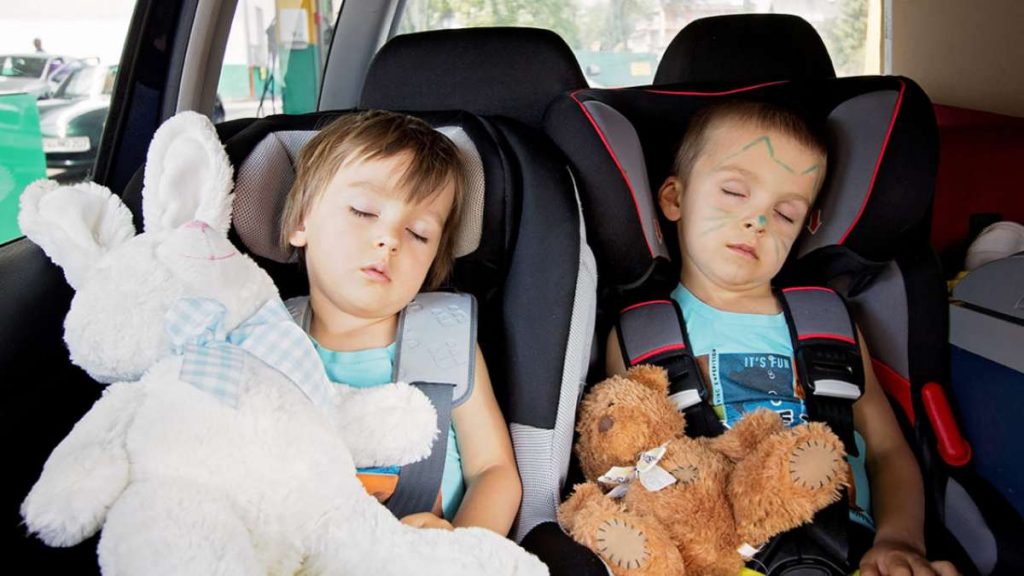Florida lawmakers are reintroducing a bill that aims to save children from dying in hot cars. Last year alone, 25 children died of heatstroke in the United States. Three of these incidents happened in Florida.
The media has been covering the dangers of leaving children in hot cars extensively in the last few years, and for good reason. Even with the windows cracked, the temperature inside a car can reach 125 degrees Fahrenheit within minutes.
The high number of recent heatstroke incidents among children has pushed safety advocates and Florida lawmakers to reintroduce the Hot Cars Act.
What The Bill Includes
While around 50 percent fewer children were left in cars in 2020 than in 2019, this is still a big issue. And as families return to their pre-pandemic routines, advocates of the bill are worried the statistics will climb once again.
The Hot Car Act would require automakers to equip vehicles with child-detecting technology, similar to how they are required to meet safety standards for airbags, backup cameras, and trunk releases. The child-detection technology would use sensors to detect breathing and body heat.
The bill relies on the National Highway Traffic Safety Administration to find the best equipment and make the official rules and guidelines.
Why The Hot Cars Act is Necessary
Several families are sharing heartbreaking stories of children dying of heatstroke in cars in hopes of drawing more attention and support to this bill. Many people wonder how it is even possible for someone to leave a child behind in the car. It may have something to do with memory.
David Diamond, a USF Neuroscientist, has been studying memory for the last four decades. His research over the previous 15 years has included talking with parents to understand how they can lose awareness and forget their children in the car, especially when they are running on autopilot.
Diamond has found that habit memory can dominate our thinking, interfering with our ability to track the day’s events and plan to take specific actions. That means planning to do something in the future can be suppressed by the habit memory system.
Reintroducing Legislation Could Save Children’s Lives
A child’s body temperature can rise much faster than an adult’s, meaning their risk of dying from heatstroke in a car is much higher than that of an adult. In 2018 and 2019, there was a record number of children who died of vehicular heatstroke.
The National Highway Traffic Safety Administration’s campaign to make parents and caregivers more aware of the risks associated with forgetting a child in a hot car has proven to be a successful reminder. But requiring automakers to incorporate child-detecting sensors in vehicles could be a significant step in keeping these incidents from occurring.
The Hot Car Act points out that millions of children are transported in the back seat of cars every day. Being in the back seat puts them at risk every day of being unknowingly left in a car and dying or becoming injured by heatstroke.
Preventing Heatstroke Deaths With New Legislation
No Floridian should have to suffer from a child dying of heatstroke in the car. The Hot Car Act puts more responsibility on automakers to help parents and caregivers remember their children every time they leave their vehicles. If your child has been impacted by vehicular heatstroke, you should reach out to a car accident lawyer right away.




